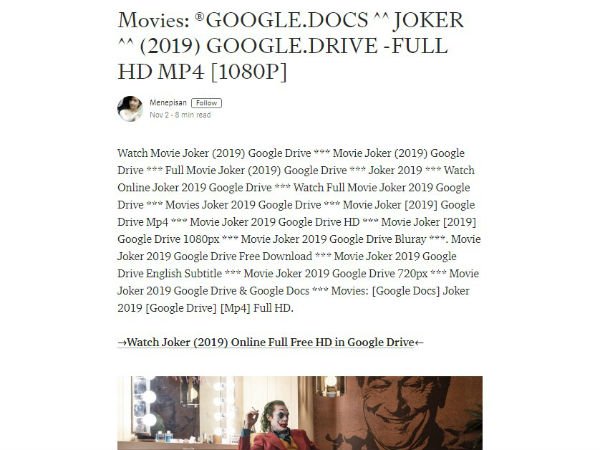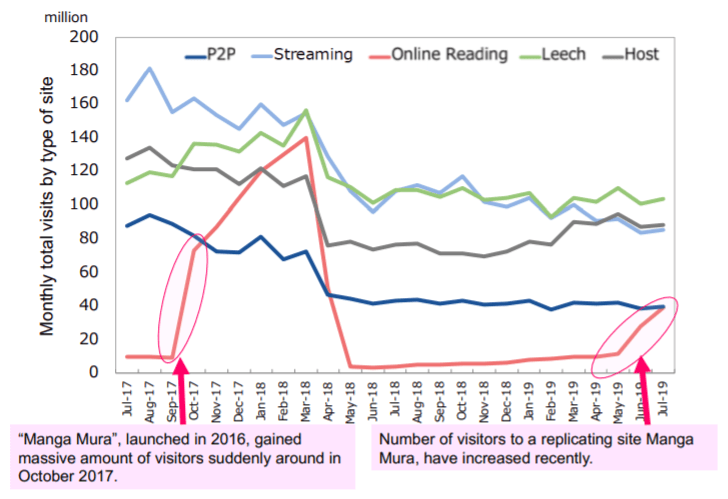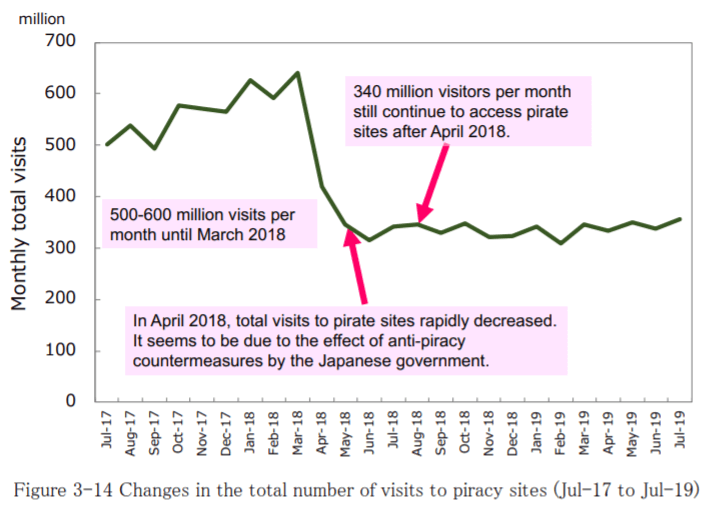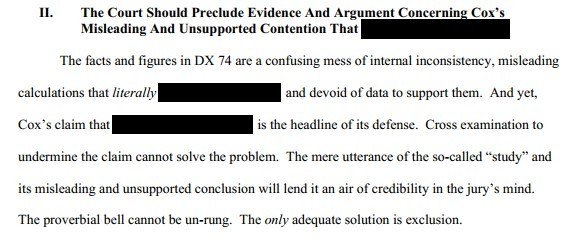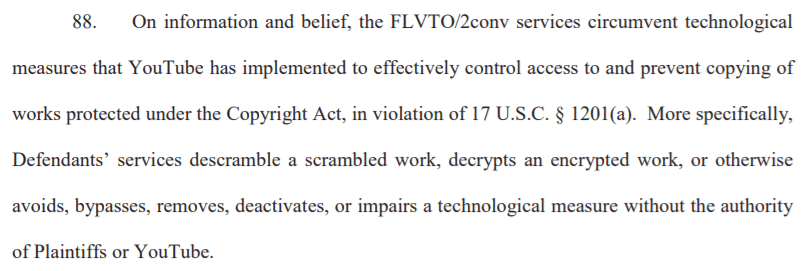
For years on end, entertainment industry insiders have regularly portrayed Australia as a piracy-ridden country.
However, after several legislative updates, the tide appears to have turned. This is the conclusion reached by the Motion Picture Association (MPA) in a recent report.
The industry group, which is largely made up of Hollywood studios, along with the recently added Netflix, continuously monitors Australia’s anti-piracy efforts. In recent years, things have been going in the right direction.
A short summary of its findings was recently reported to the US Government as part of the annual trade barriers consultation.
The MPA’s overview is generally a summary of copyright challenges and shortcomings around the world. However, Australia is one of the few exceptions when it comes to anti-piracy enforcement. In fact, the industry group is rather positive about the progress the country has made.
“Australia has developed excellent tools to fight online piracy, including effective laws allowing for no-fault injunctive relief against ISPs and ‘search engine service providers’,” the MPA writes in its report.
The report points out that in recent years piracy rates have declined significantly Down Under. Pirate site blocking and other measures have helped to boost interest in legal subscription services, including Netflix, it suggests.
The MPA is also positive about recent developments regarding takedown notices. The Australian Competition and Consumer Commission is currently considering the introduction of a mandatory takedown notice scheme, one that would be stricter than the DMCA-style standard which is common today.
“This would include procedures for urgent take downs (extending to pre-release or new-release films and TV shows as well as live entertainment content), as well as ‘stay down’ obligations to ensure that content already identified as infringing does not quickly re-appear,” the MPA notes.
The Hollywood-backed group supports this initiative and adds that companies who breach the new takedown standard should face “meaningful” penalties.
Aside from the positive remarks in Australia, the MPA informs the US Government that there is room for improvement as well. For example, the police could offer more help with piracy-related investigations, something that’s lacking today.
In addition, the MPA is worried about an ongoing Copyright Modernization consultation where further exceptions to copyright are being considered. This includes new definitions of fair dealing or fair use, which are seen as a threat by the industry group.
“This consultation risks undermining the current balance of IP protection in Australia that has fueled the country’s creative industries, and could create significant market uncertainty and effectively weaken Australia’s infrastructure for intellectual property protection,” the MPA states.
Closing out the list is a recommendation to propose tough anti-camcording piracy laws. While fewer illegal recordings are sourced from Australia today, the current penalties for this activity are simply not enough to act as a proper deterrent, the group says.
The last request is far from new. The same demands have appeared in previous reports, as is the case with many of the recommendations throughout the MPA’s report, which are often copied verbatim year after year.
—
The full overview of the MPA’s trade barrier comments to the US Trade Representative is available here (pdf).
Source: TF, for the latest info on copyright, file-sharing, torrent sites and more. We also have VPN reviews, discounts, offers and coupons.



